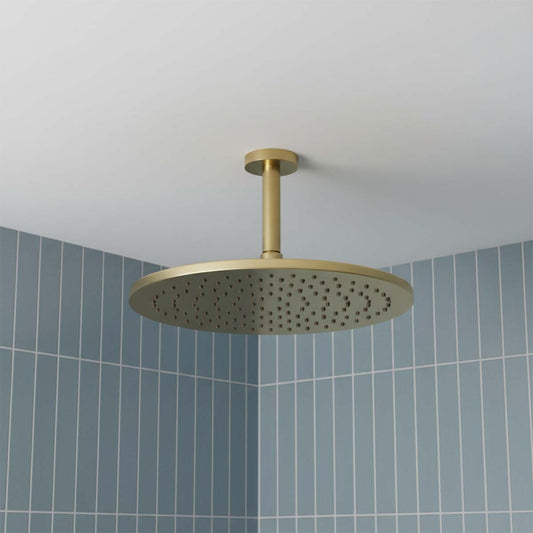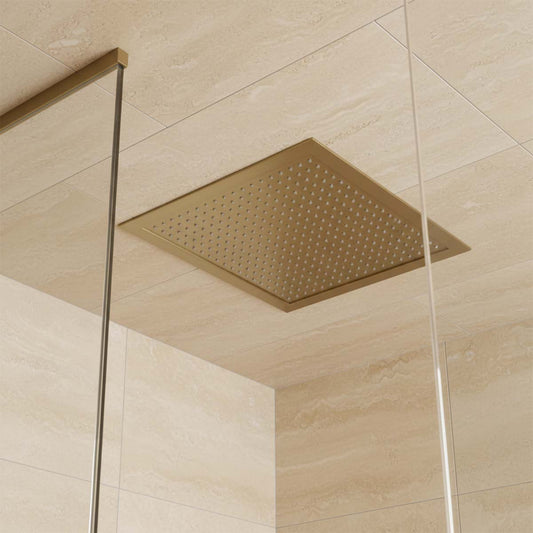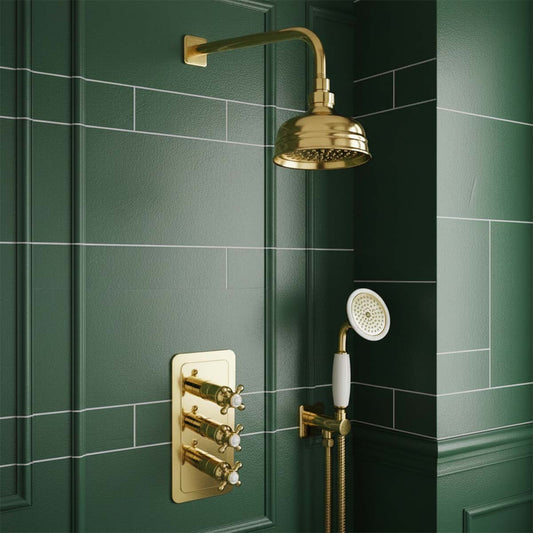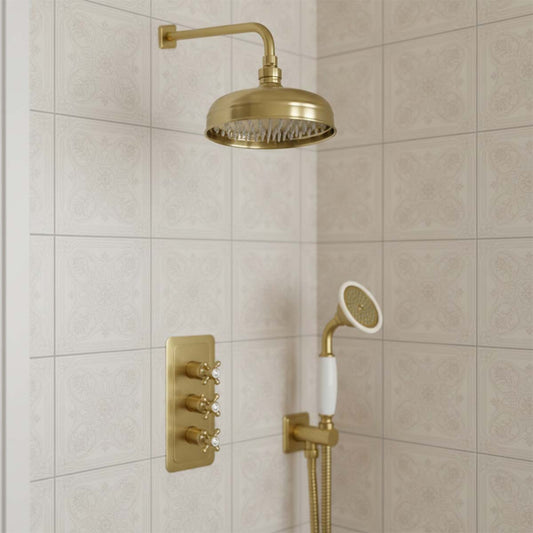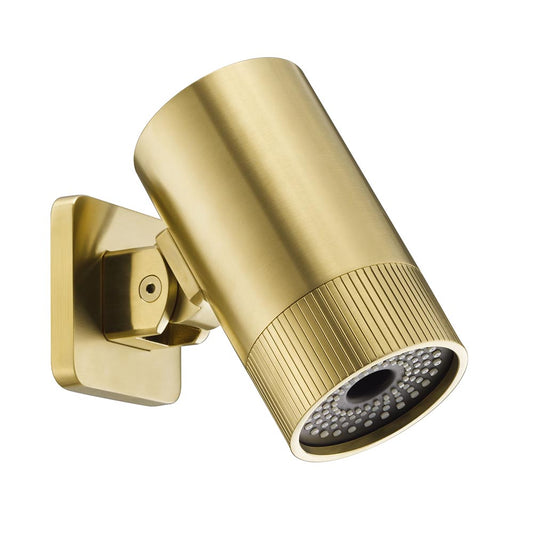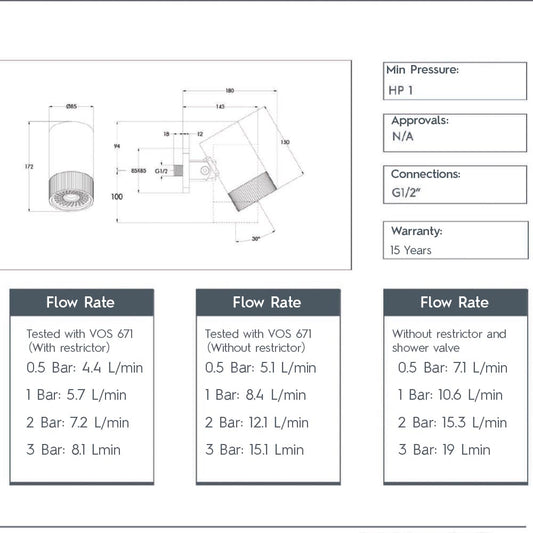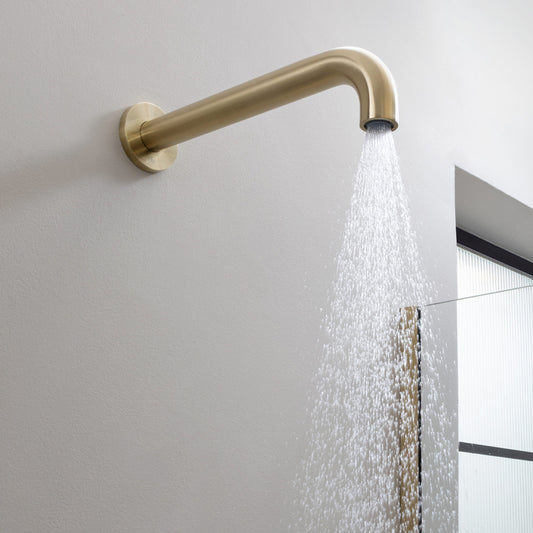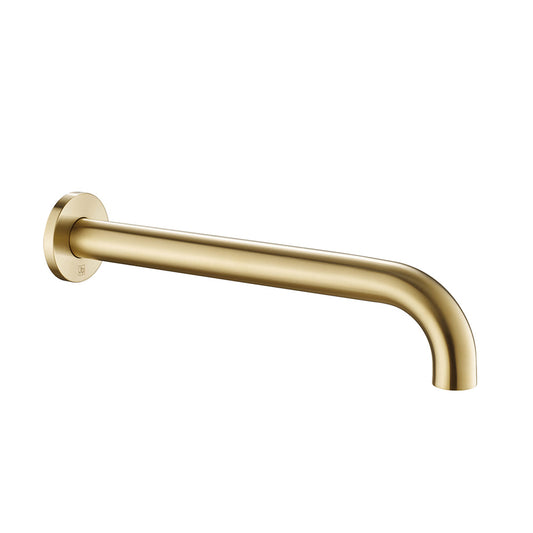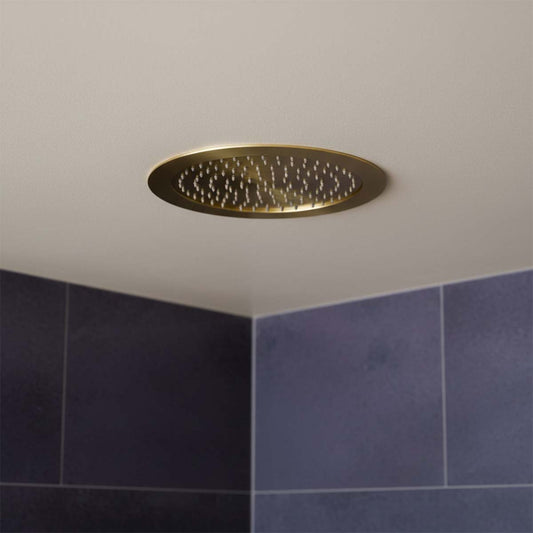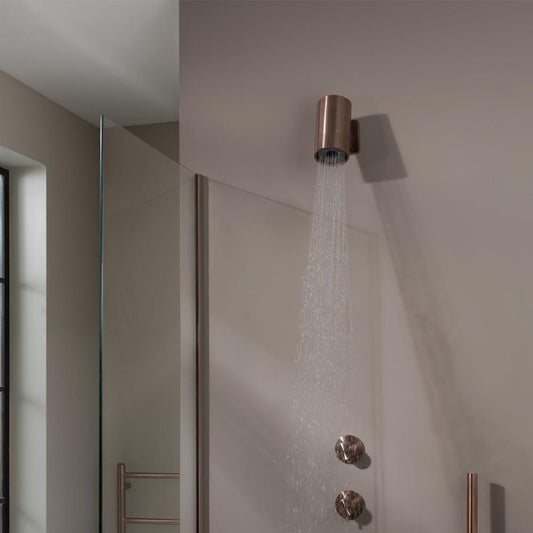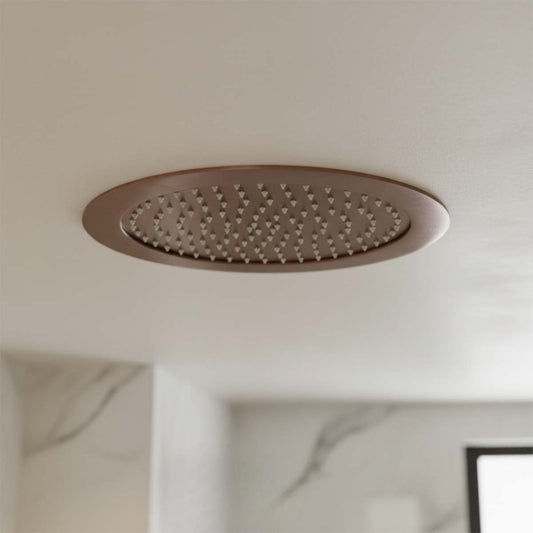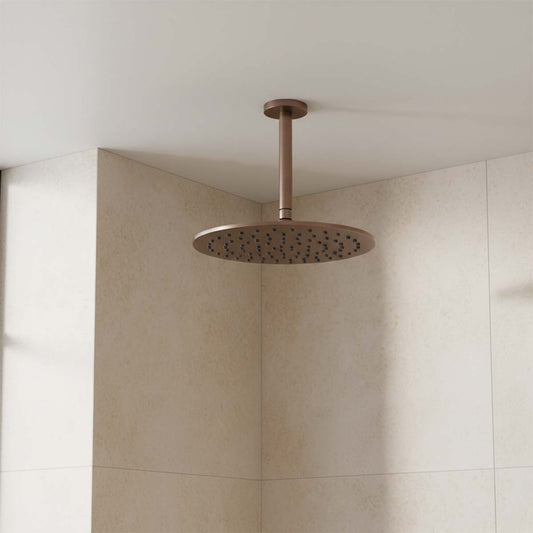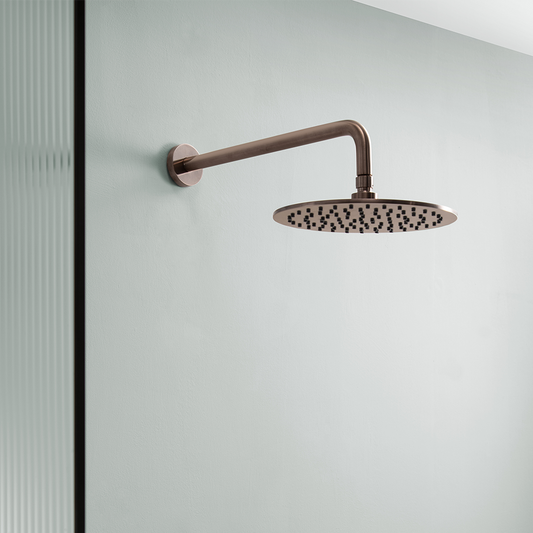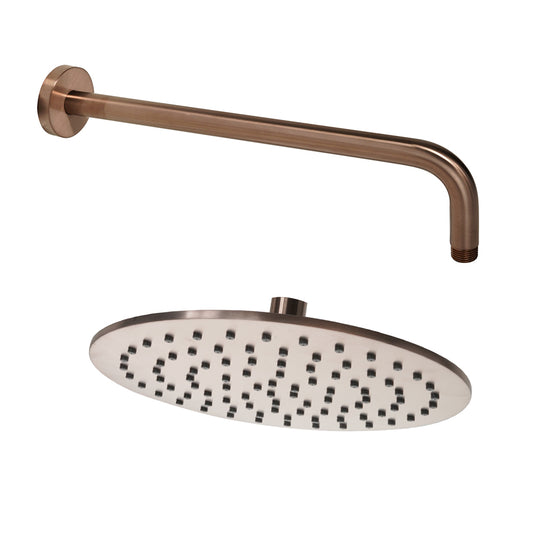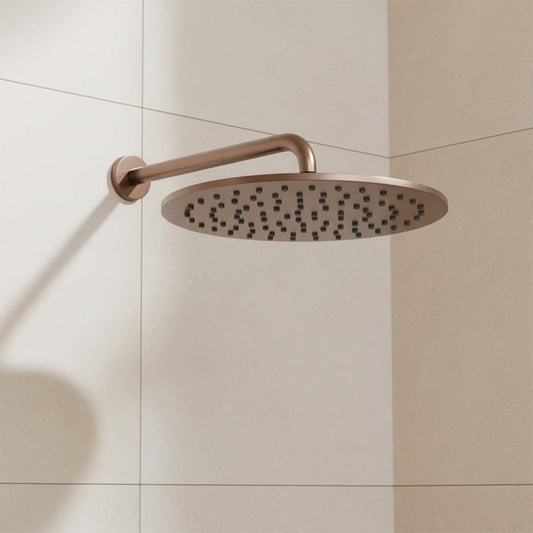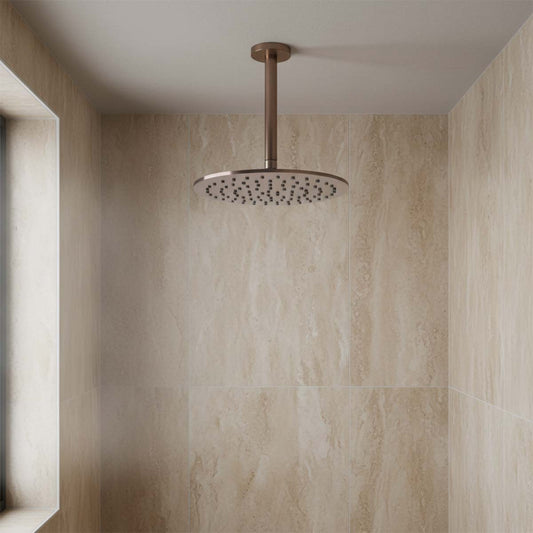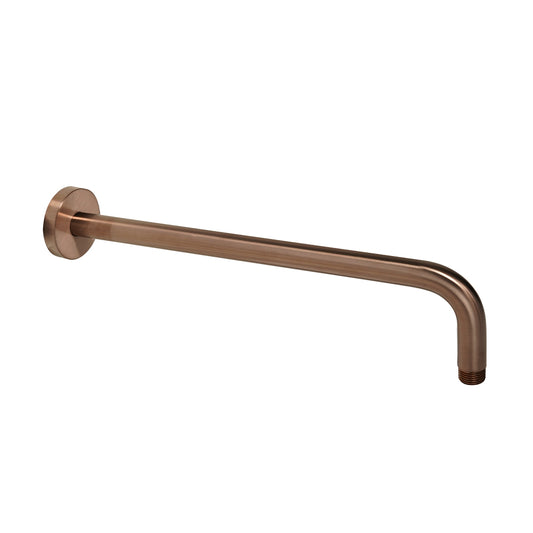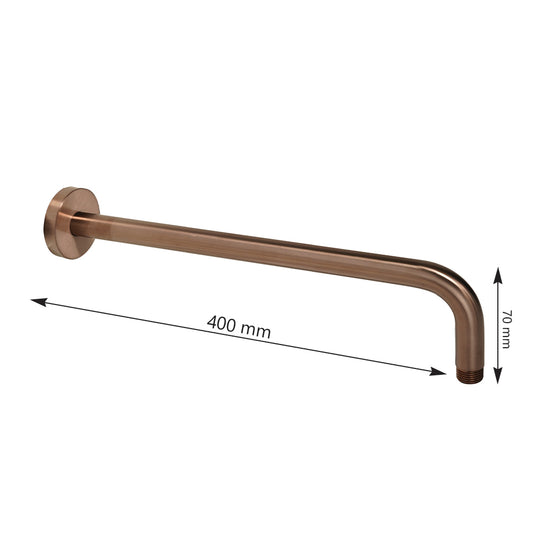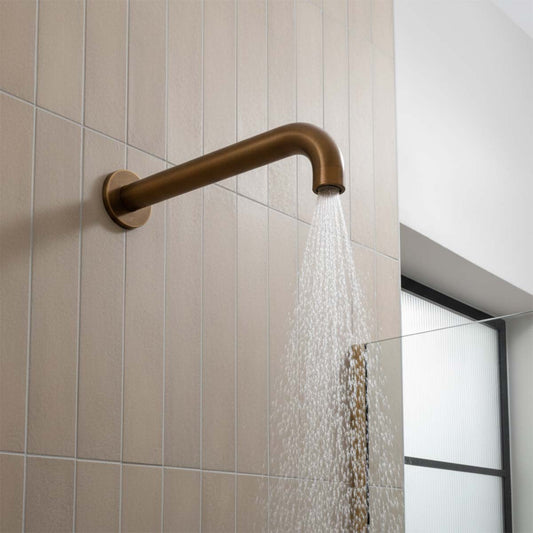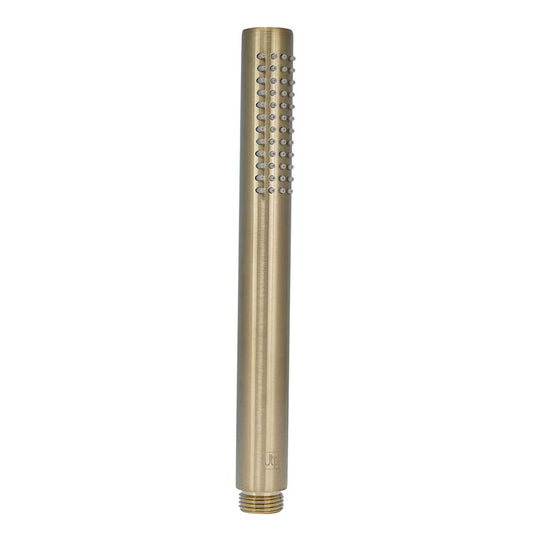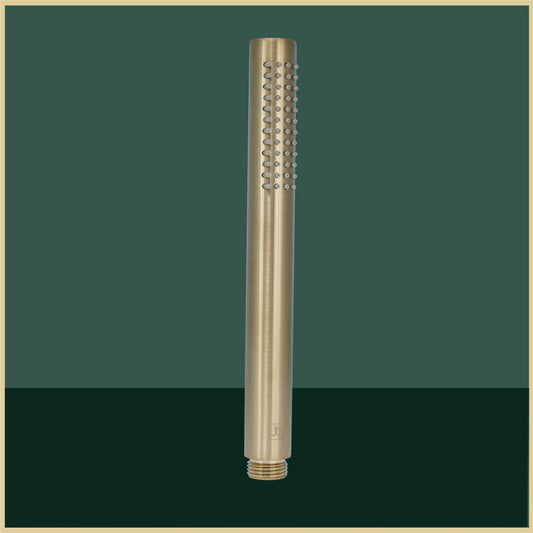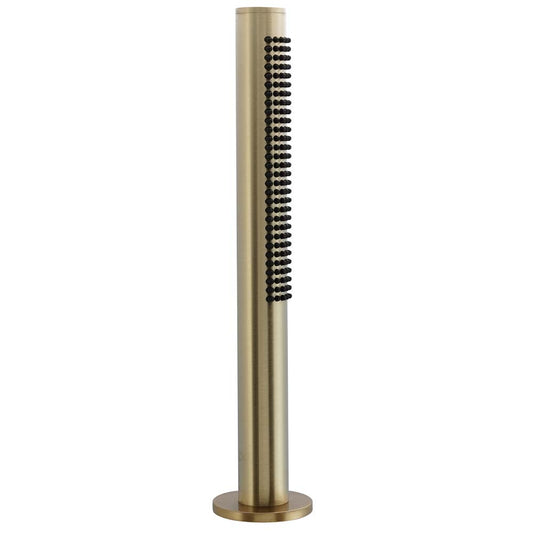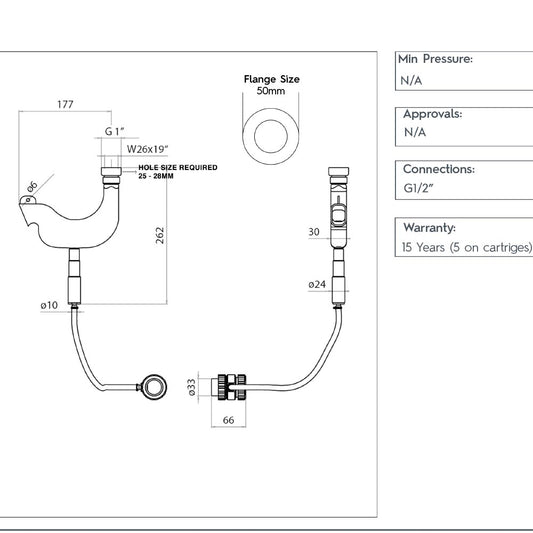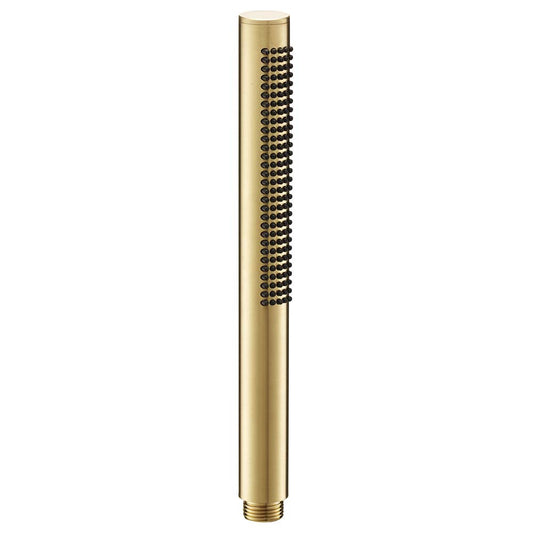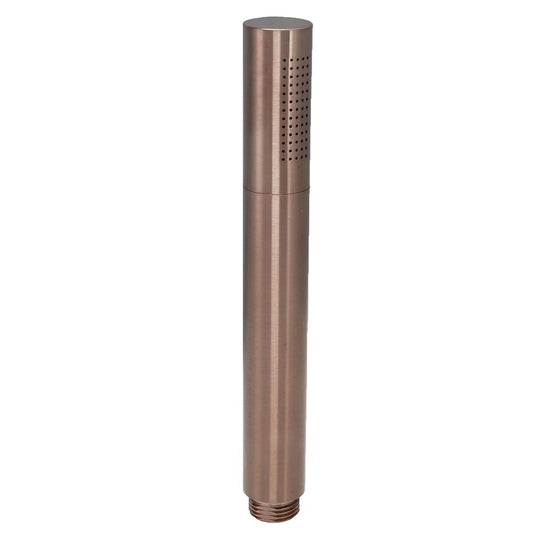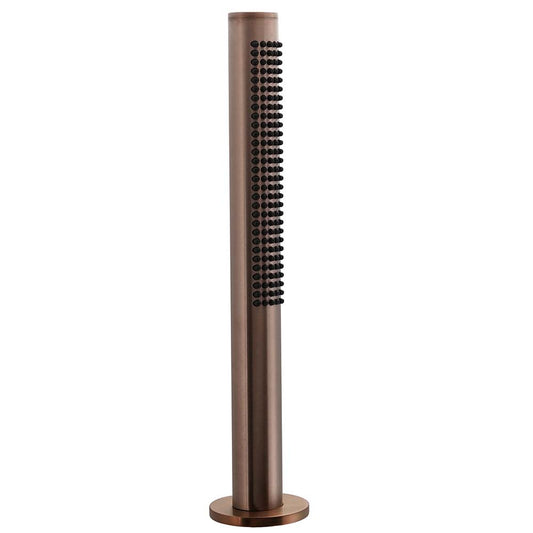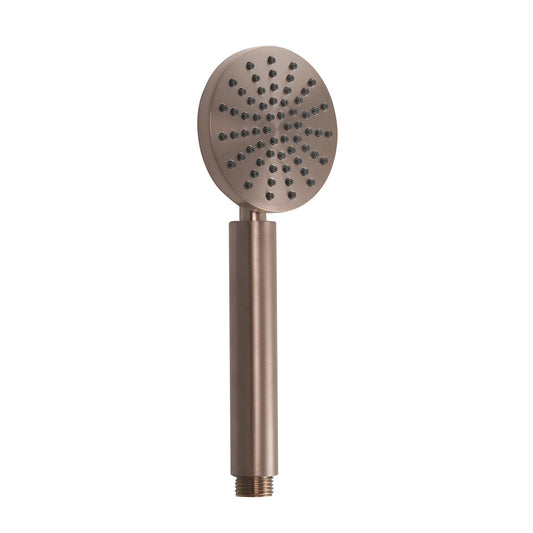How Water-Saving Shower Heads Are Revolutionizing Bathrooms
Table Of Contents:
-
Introduction
→ -
Shower Heads Collection
→ -
The urgency of water Conservation
→ -
Understanding Water Saving Shower Heads
→ -
The Benefits of Choosing
→ -
Choosing The Right Water Saving Shower Heads
→ -
Addressing Common Concerns
→ -
Conclusion
→
Introduction
In a world increasingly focused on environmental conservation, our daily choices at home, particularly in our bathrooms, can significantly contribute to a sustainable future. This blog post delves into the importance, technology, and benefits of water-saving shower heads, empowering you to make choices that favor both the planet and your finances.
The Urgency of Water Conservation
Water is a finite resource, and with the growing global population and climate change, its conservation is more crucial than ever. Bathrooms, particularly showers, are often the main water-consuming areas in homes. Traditional shower heads can use a staggering 15-25 liters per minute. In contrast, water-saving models significantly cut down this usage without compromising your shower experience.

Understanding Water-Saving Shower Heads
These innovative devices are designed to use less water while maintaining a comfortable and effective shower. They come in various designs, but their core purpose is the same - to reduce water flow and consumption.
Aerating Shower Heads
These shower heads mix air with water, creating a bubbly, soft spray. This technology pulls air through a venturi, a tube with a constricted section, increasing water velocity and drawing in air. The result is a full, soft spray using less water, typically reducing usage by about 30% compared to traditional models.
They also conserve energy as less hot water is required. However, they might cool the water slightly and can be prone to limescale build-up in hard water areas.
Laminar-flow Shower Heads
These produce individual water streams, offering a consistent flow and reducing spray mist and bathroom humidity. This feature makes them ideal for high-humidity areas or poorly ventilated bathrooms. They provide a more hygienic shower, reducing airborne bacteria, and feel smoother, which is great for sensitive skin.
Low-flow Technology
Low-flow shower heads use less water than conventional ones without sacrificing performance, with a flow rate of less than 9.5 liters per minute. They conserve water and energy, featuring stylish designs to suit various bathroom aesthetics. However, they may not perform well in areas with very low water pressure.
The Benefits of Switching
- Environmental Impact: Significant reduction in water consumption, conserving a vital resource.
- Reduced Utility Bills: Lower water bills due to reduced usage.
- Enhanced Shower Experience: Contrary to popular belief, water-saving does not mean lower water pressure. Modern designs maintain or enhance pressure and coverage.

Choosing the Right Water-Saving Shower Head
Consider the flow rate, spray pattern and adjustability, build quality, and ease of installation and maintenance when selecting a water-saving shower head.
Installation Tips
- Remove the old shower head using an adjustable wrench.
- Clean the threads on the shower arm.
- Apply Teflon tape to the threads to prevent leaks.
-
Attach the new shower head, tightening it with a wrench but being careful not to over-tighten.
Maintenance and Care
Regular cleaning and leak checks will ensure optimal performance of your water-saving shower head.
Addressing Common Concerns
- Water Pressure: Modern water-saving shower heads are designed to provide a satisfying shower experience with lower flow rates.
- Cost: While some models may cost more upfront, they are cost-effective in the long run due to reduced water bills.
- Effectiveness: They are just as effective as traditional shower heads in rinsing and showering, despite using less water.
Conclusion
Adopting a water-saving shower head is a straightforward yet impactful step towards sustainable living. It not only conserves water resources but also offers utility bill savings, without compromising your shower experience.
By choosing the right model and following simple installation and maintenance steps, you can enjoy an environmentally friendly and luxurious shower for years to come.
explore our shower heads collection here










